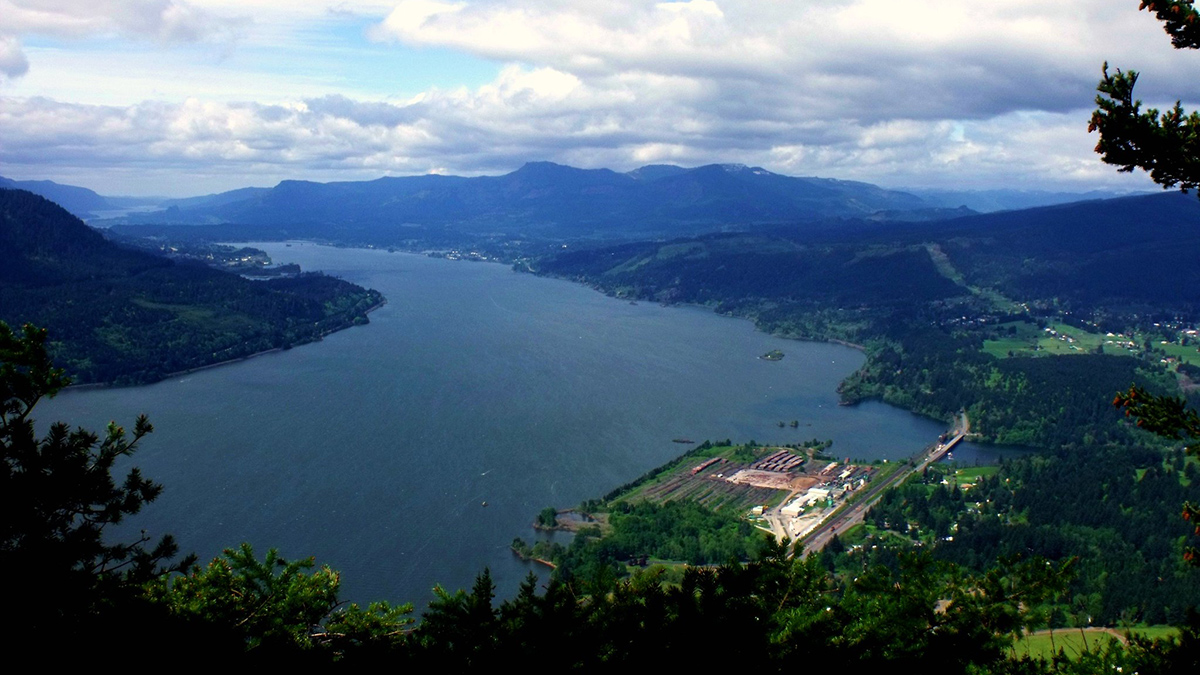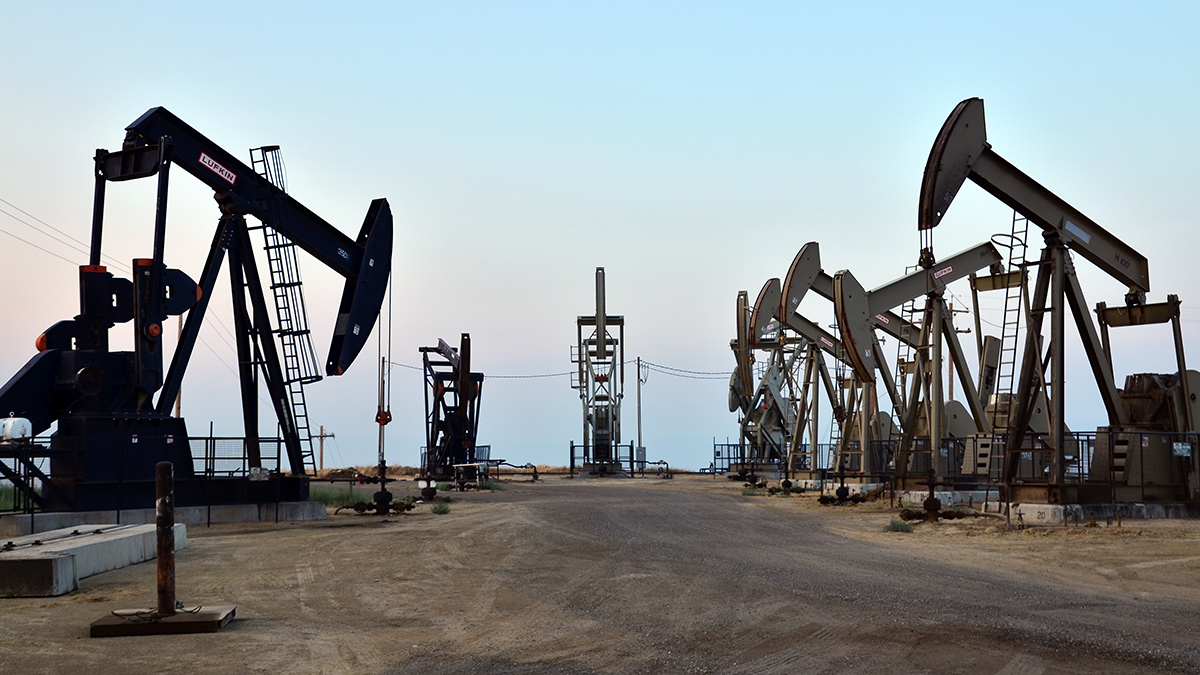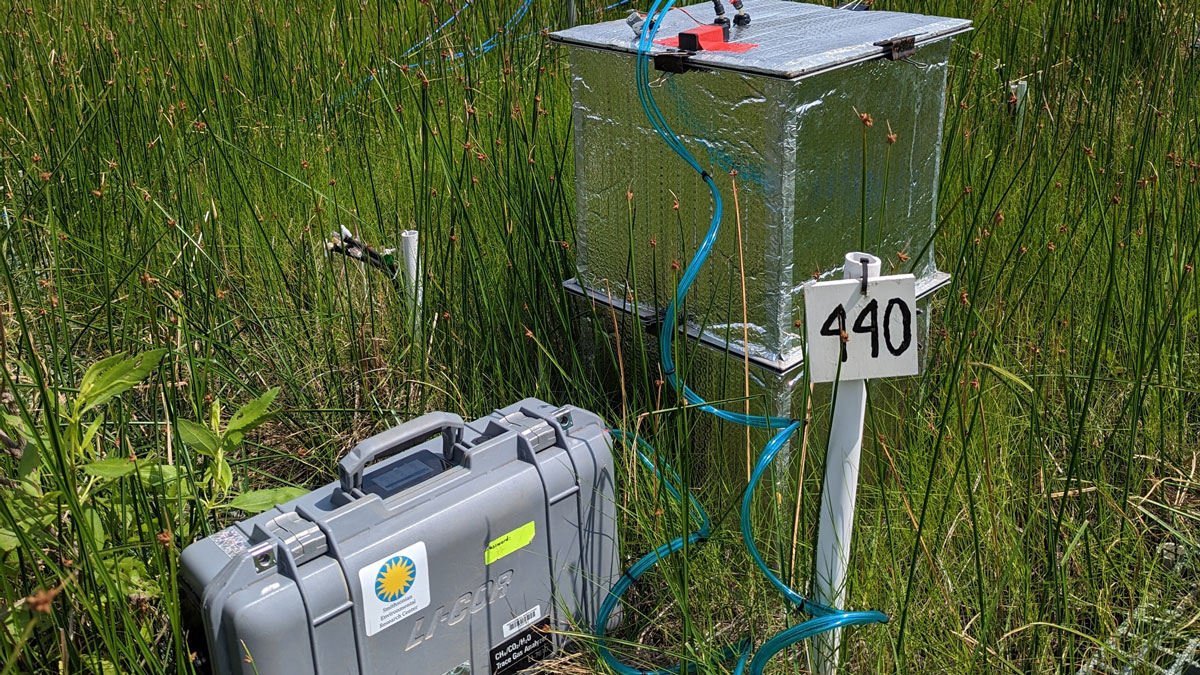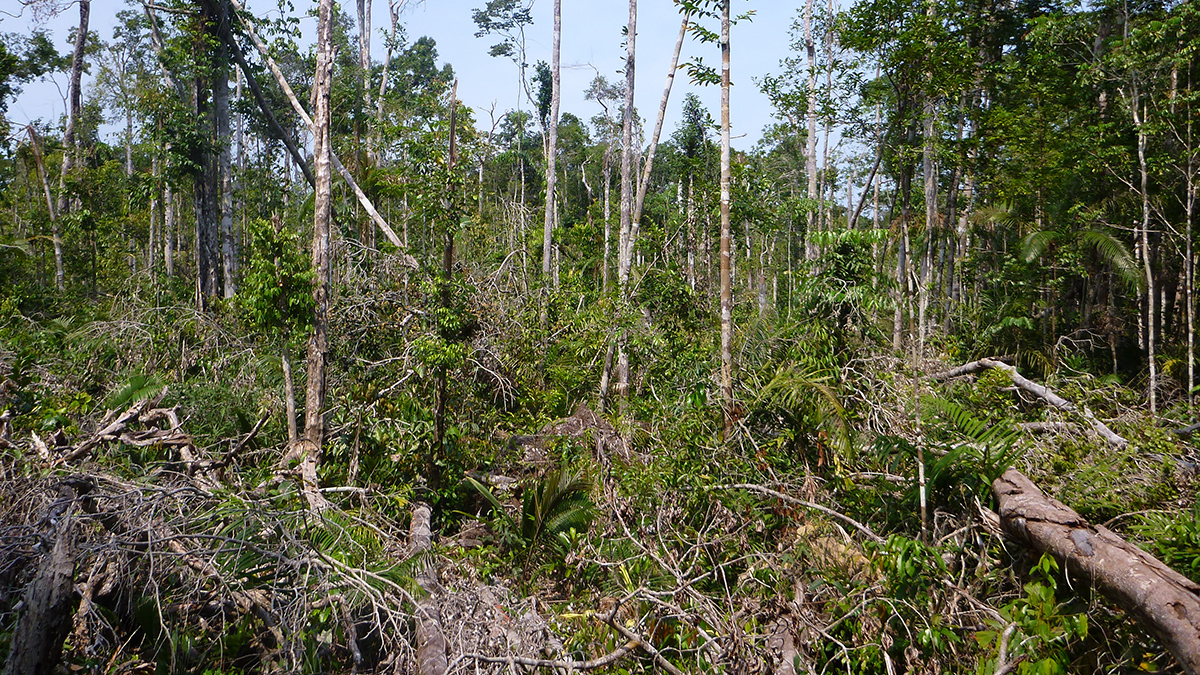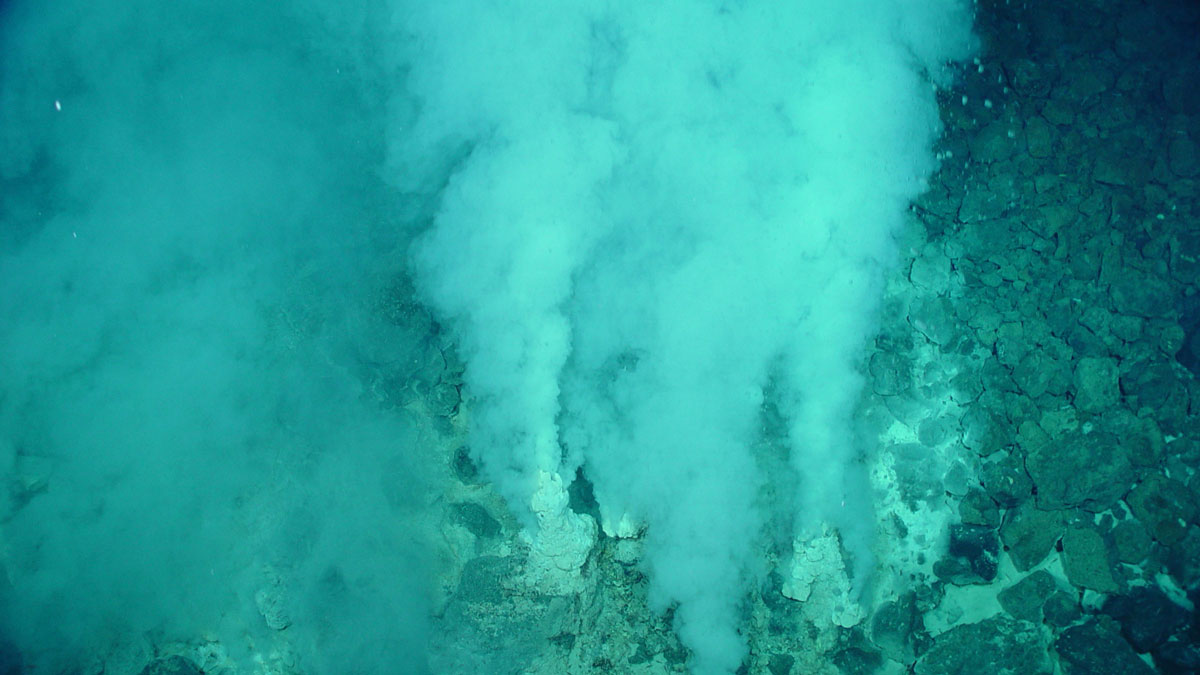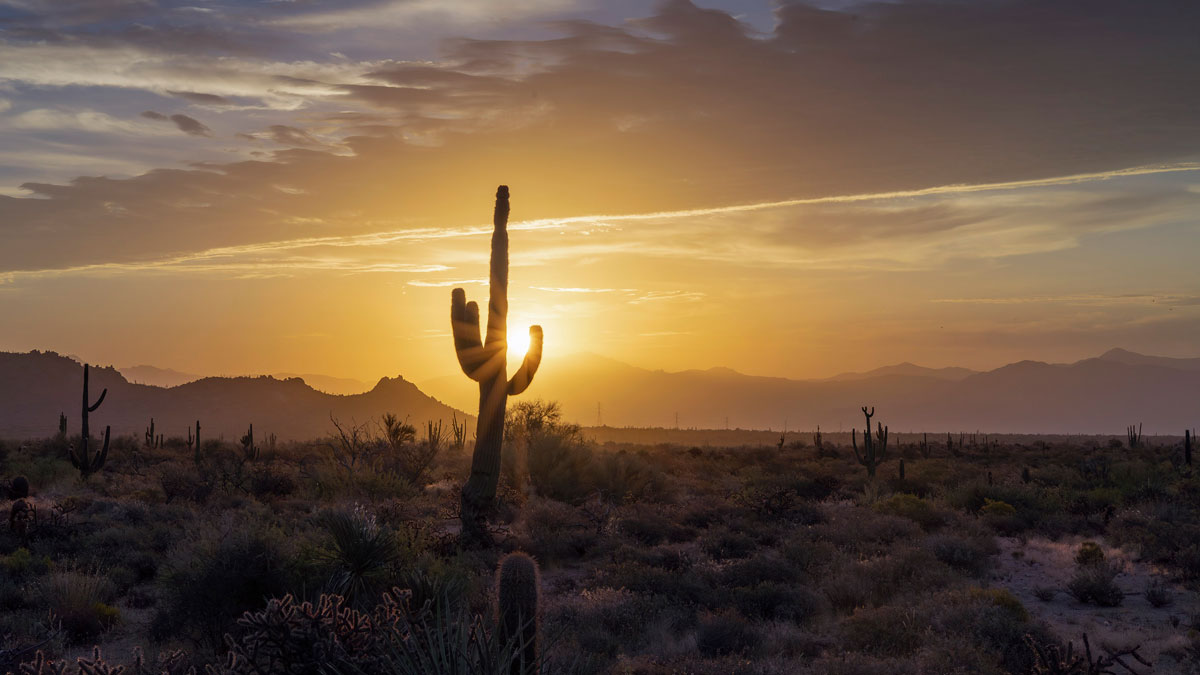A process-based modeling technique reveals surprising information about carbon emissions from rivers, lakes, and reservoirs across the contiguous United States.
Research Spotlights
Research spotlights are plain-language summaries of recent articles published in AGU’s suite of 24 journals.
Dry Heat, Wet Heat, and Wetland Methane Emissions
Compound weather events—such as extreme cold or heat combined with severe dryness or precipitation—have a greater effect on wetland methane emissions than discrete weather extremes do.
Oil, Gas, and COVID-19
Early in the pandemic, people living near oil and gas wells experienced higher rates of COVID-19 and related mortality compared with those with no exposure to well pollution.
New Software Package Helps Scientists Find Flux
An easy-to-use R package offers a more efficient way to sort through and analyze data about greenhouse gas levels collected in static chamber experiments.
Storms Are Knocking Down More and More Trees in the Amazon
Windthrows have increased nearly fourfold in the region, likely because of stronger storms.
A New View of Deep Earth’s Carbon Emissions
Advances in plate tectonics research allow a deeper understanding of how greenhouse gases escape from within the planet.
How an Ocean-Sized Lake May Have Formed on Ancient Mars
The catastrophic collapse of Mars’s atmosphere may have melted its polar ice cap, creating an ice-covered southern sea.
Helping the Most Vulnerable Stay Cool in Extreme Heat
Choosing the ideal location for air-conditioned cooling centers in cities facing dangerously high temperatures takes good population data and community engagement.

